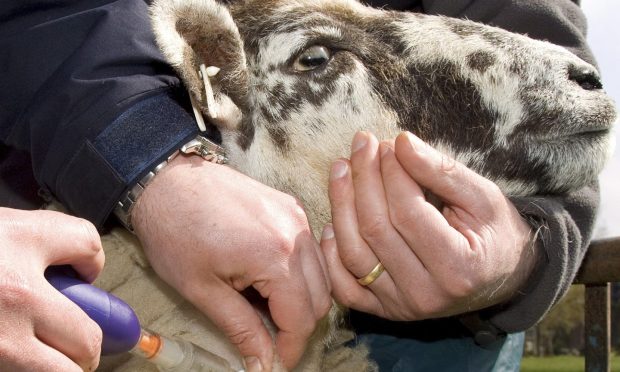A bluetongue virus outbreak has been confirmed in Kent over the weekend.
Defra identified a single case of BTV 3 – a notifiable exotic disease and a strain which has not been seen in northern Europe before.
The last time bluetongue virus was seen in the UK was in 2007, meaning it had been officially free of the virus since 2011.
It infects ruminants, such as sheep and cattle, and is transmitted by biting midges that are most active between the months of April and November.
The National Sheep Association (NSA) is urging all sheep farmers to be vigilant to signs of disease.
Sheep farmers urged to remain vigilant amid bluetongue virus outbreak
Phil Stocker, NSA chief executive says: “We understand APHA is in the process of speaking to all livestock keepers within the 10km radius of the premises in Kent affected and this zone is mapped on the Defra website.
“NSA urges members within the control zone to comply with the restrictions in place, but also encouraging those who might be moving stock in or out of the at-risk areas of the southern and eastern counties of England to remain vigilant.
“Due to a surge in bluetongue cases across Europe, NSA recommends maintaining good biosecurity, isolating any suspects and ensuring needles are changed between any routine vaccinations. Unfortunately a vaccine is not available for BTV-3.”
